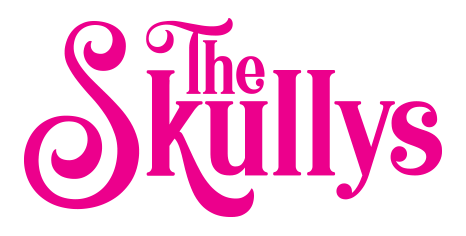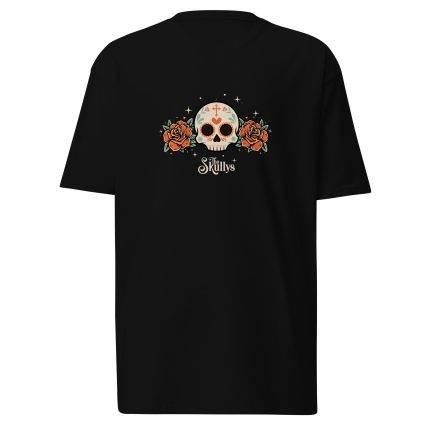The Two Paths of Pain: Why Suffering Is a Choice We Can Unlearn
“Pain is inevitable. Suffering is optional.”
– Haruki Murakami
There are two truths that every human being will encounter:
Pain will find you.
And what you do with it will define you.
Pain — physical, emotional, existential — is part of the package deal of being alive. It arrives in heartbreak, in loss, in rejection, in the quiet ache of a sleepless night. It doesn’t ask for permission. It doesn’t wait for a convenient time. Pain is built into the framework of life itself. If you love, you risk losing. If you dream, you risk failing. If you live, you will, eventually, hurt.
But suffering — that’s different.
Suffering is what happens after the pain. It is the story we wrap around the wound. The resistance. The rumination. The clinging to what was, or the fear of what might be. Suffering is the echo we keep replaying long after the moment has passed.
It’s not the breakup that destroys us — it’s the narrative that we were unlovable.
It’s not the failure that cripples us — it’s the belief that we are a failure.
It’s not the loss that haunts us — it’s the idea that we’ll never feel whole again.
The Mind’s Role in Our Suffering
Many traditions — Stoicism, Buddhism, even modern psychology — converge on this truth: suffering is largely mental. Not imagined or fake, but self-perpetuating.
The Stoics taught that it is not events that disturb us, but our judgments about them.
The Buddhists taught that attachment is the root of suffering.
Psychologists today teach that cognitive distortions — like catastrophizing, personalizing, or all-or-nothing thinking — feed unnecessary pain.
In other words, suffering is a feedback loop of the mind. One that can be interrupted.
The Power of the Pause
Between what happens to you and how you respond, there is a space.
That space is choice.
And that choice is where your power lives.
You can feel pain without becoming it.
You can grieve without unraveling.
You can sit with sorrow without letting it take the wheel.
This doesn’t mean you become numb or indifferent.
It means you learn to feel fully without drowning.
It means you stop feeding the fire that burns you from the inside.
It means you let go — not because it doesn’t matter, but because it matters too much to let it poison your future.
But Let’s Be Honest — It’s Not Always Easy
To say “suffering is optional” can feel dismissive when you’re in the trenches.
For someone in deep grief, trauma, or despair, the idea of choosing peace over pain can feel impossible — even insulting.
So let’s clarify: Suffering is optional, but not always escapable in the moment.
It’s a skill. A practice. A muscle we build over time.
Some suffering must be walked through before it can be released.
Some pain must be honored before it can be healed.
This isn’t about denial — it’s about liberation.
A Gentle Reminder
You will get hurt.
You will fall apart.
You will have nights that break you open and mornings that make no promises.
But you will also have a choice — again and again — to soften, to breathe, to release.
To stop rehearsing your pain and start rewriting your power.
“Pain is what the world does to you.
Suffering is what you do to yourself.”
– Naval Ravikant
So the next time pain knocks on your door, welcome it with presence — but don’t build it a home.
Feel it fully.
Then let it pass.
Let it pass like weather.
Let it teach you, not define you.
Because life is far too short to suffer needlessly.
And far too beautiful to waste clinging to what cannot be changed.
Reflection Questions:
-
What pain am I still carrying that may be ready to be released?
-
What stories have I attached to my suffering — and are they true?
-
Where in my life am I resisting what is, instead of accepting and responding with wisdom?
-
What would it look like to feel pain without feeding it?


